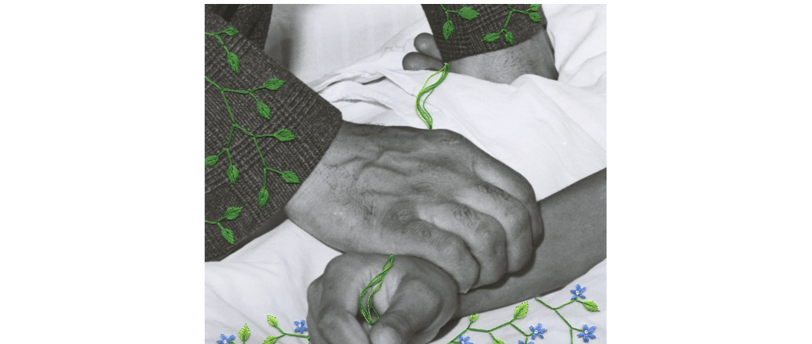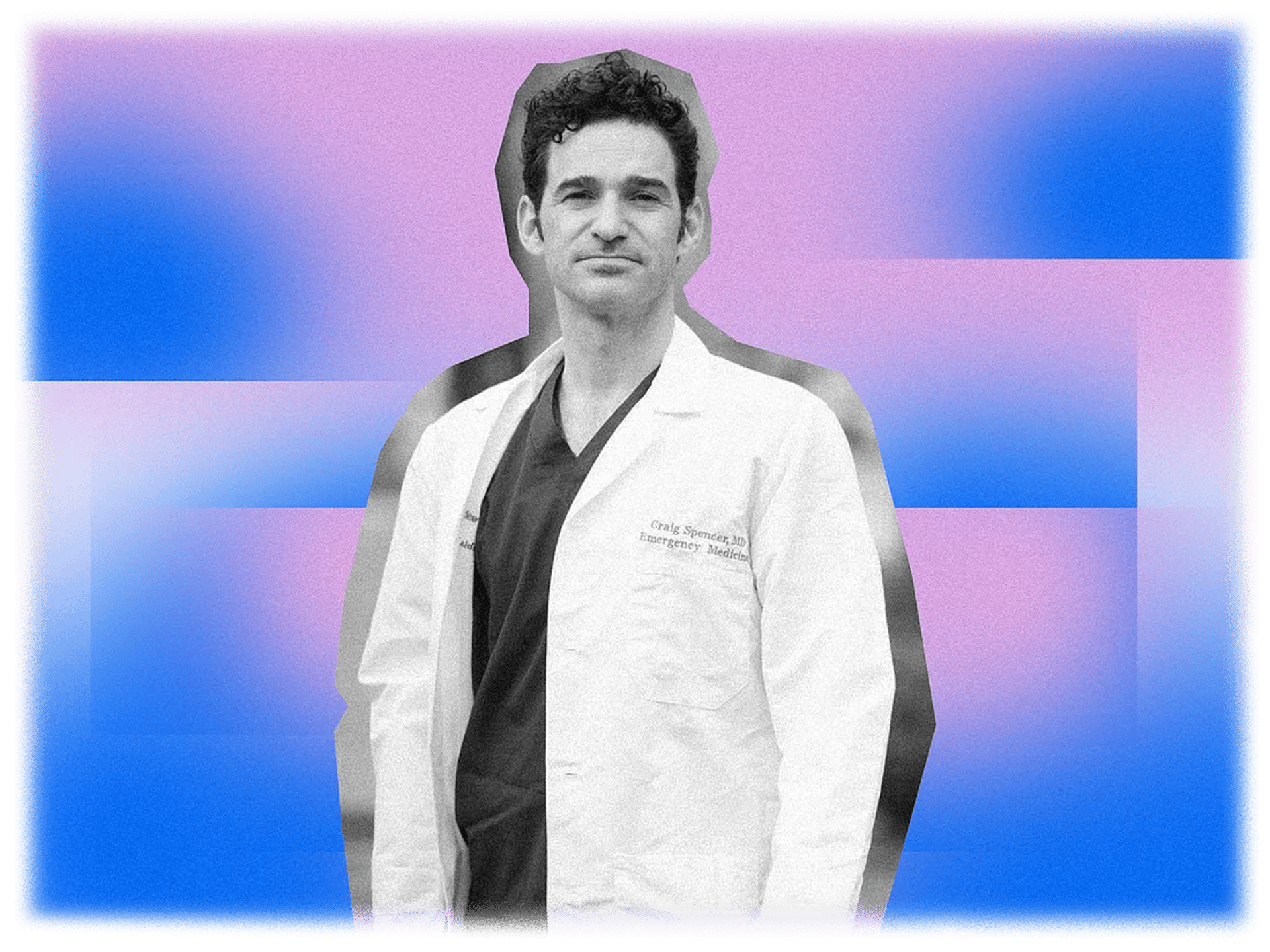You Don’t Have to Be a Doctor to Understand This—New York Times
In a world unraveling from pandemics and conflict, the U.S. is turning away from the global health work that once saved millions—not because we have to, but because we’ve chosen to. Empathy isn’t a weakness; it’s our greatest strength—and abandoning it will cost lives. I wrote about the impact of the assault on empathy for The New York Times.
Craig Spencer
7/7/20251 min read


In 2014, I got Ebola while caring for patients in Guinea. I probably got infected while helping a dying woman—changing her sheets, holding her hand—because no one should have to die alone. I knew the risks. I did it anyway.
That instinct—to show up, to care—is what defines us at our best. But lately, it feels like we’re turning our backs on it.
The U.S. used to lead the world in global health. Our support helped cut malaria deaths, fight HIV, and save millions of lives. But now, funding is being gutted. Clinics are closing. People are dying—not because we can’t help, but because we’ve chosen not to.
Some call it “fiscal responsibility.” But this isn’t about budgets. It’s about values.
Empathy isn’t a weakness. It’s what makes us human. And in a world facing pandemics, conflict, and climate chaos, turning away from each other isn’t just cruel—it’s dangerous.
We can do better. We must do better.
Read the full piece here at The New York Times
